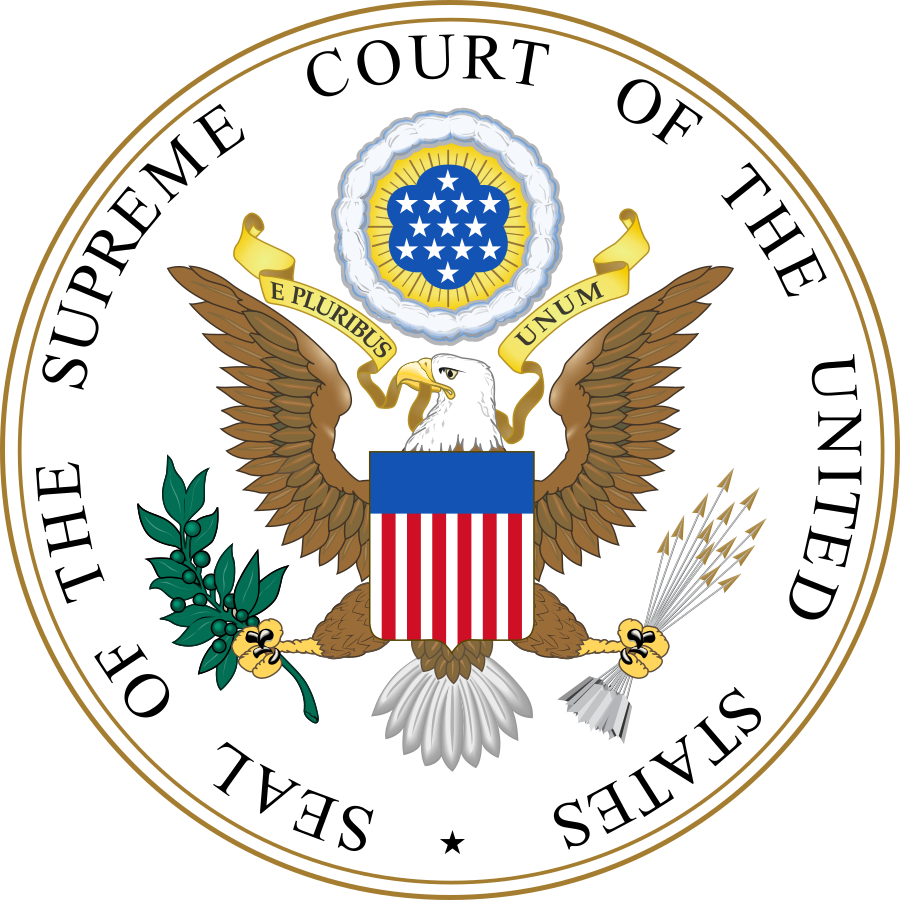
Critics of Roosevelt hint at jealousy
By Lyle C. Wilson, United Press staff writer
Washington –
There was speculation here today whether Gen. Douglas MacArthur’s unqualified disavowal of presidential aspirations would put him in line for a return to the United States for military conferences.
He is the only officer of comparable rank or command responsibilities who has not been brought back to this country for one reason or another since Pearl Harbor.
There has been no hint whether failure to include him in mainland discussions has been on his own motion or for lack of any invitation from the War Department. Some of Gen. MacArthur’s top subordinates have been back.
Jealousy a factor?
Unfriendly critics of the Roosevelt administration have suggested that Gen. MacArthur had not been summoned home because there was no desire to give him an opportunity to become the center of political demonstrations here.
Others have suggested that there was military opposition to his return on the ground that he might say something which would encourage pressure groups to demand greater allocations of men and munitions to the Southwest Pacific at the expense of the European Theater. Still others believed Gen. MacArthur could have returned anytime at his convenience but simply wanted to remain with his own command.
In any event, his return now could have slight political significance, if any. Gen. MacArthur’s statement that he would not accept the presidential nomination if tendered definitely removed him from the contest.
Roosevelt, Dewey silent
There remains now the paradoxical situation in which the only candidates with respect to whom there has been no conclusive and public statement of political intentions are the two men most generally regarded as the probable presidential contestants this year – President Roosevelt and Governor Thomas E. Dewey of New York.
Mr. Dewey’s position is that he will not seek the Republican presidential nomination and that he prefers to serve out his four-year term as governor. He was elected in 1942. Mr. Roosevelt has smilingly parried questions whether he is a fourth-term candidate or would accept if nominated.
Uncertainty regarding either Mr. Roosevelt or Mr. Dewey, however, is strictly technical. The Democratic National Committee, the big city Democratic organizations in New Jersey, New York and Chicago and most of the party leaders are preparing to nominate Mr. Roosevelt. He has not said anything to dissuade them.
Neither has Mr. Dewey raised any bar to the extraordinarily successful pre-convention campaign being conducted by his admirers.
Gen. MacArthur’s contrastingly unequivocal withdrawal astonished political Washington since he had such excellent precedent for avoiding a definite statement.
The impression here is that Gen. MacArthur was a receptive – and more likely hopeful – aspirant for the Republican nomination until he learned of the unfavorable reaction to publication here of letters he had written to Rep. A. L. Miller (R-NE).
Roosevelt assailed
Mr. Miller assailed the Roosevelt administration in a letter to the general and got in return a letter saying that Gen. MacArthur agreed with the “complete wisdom and statesmanship of your comments.” The general also intimated his dissatisfaction with allocations of men and munitions to his theater.
It is possible the War Department admonished Gen. MacArthur upon publication of that correspondence and hinted that her had better get out of politics – and quickly. Something evidently changed the general’s point of view.
On April 16, three days after publication of the Miller correspondence, Gen. MacArthur issued a communiqué denying he was a presidential candidate but adding a paragraph which was accepted immediately by his supporters as meaning that he was receptive and would run if nominated.
‘Military man’ mentioned
Possibly even more illuminating was a report received in the Washington Bureau of the United Press Jan. 27 from a visitor to Gen. MacArthur’s headquarters. This summary of political sentiment was by an experienced observer and it was remarked that the dispatch passed through Gen. MacArthur’s own censorship.
Its most striking sentence was a suggestion that MacArthur believed an experienced soldier in the White House would bring an earlier victory in the war.
The report said:
It would not be surprising if MacArthur felt – as do a good many here – that the shortest way to victory would be to place an experienced military man in the White House.
The report reflected the impression at his headquarters that Gen. MacArthur would neither declare his availability nor withdraw his name from consideration for the Republican nomination, but would “let events take their course.”
Between Jan. 27 and last week, something evidently jarred Gen. MacArthur considerably to cause him to say now of the nomination, “I do not covet it nor would I accept it.”


